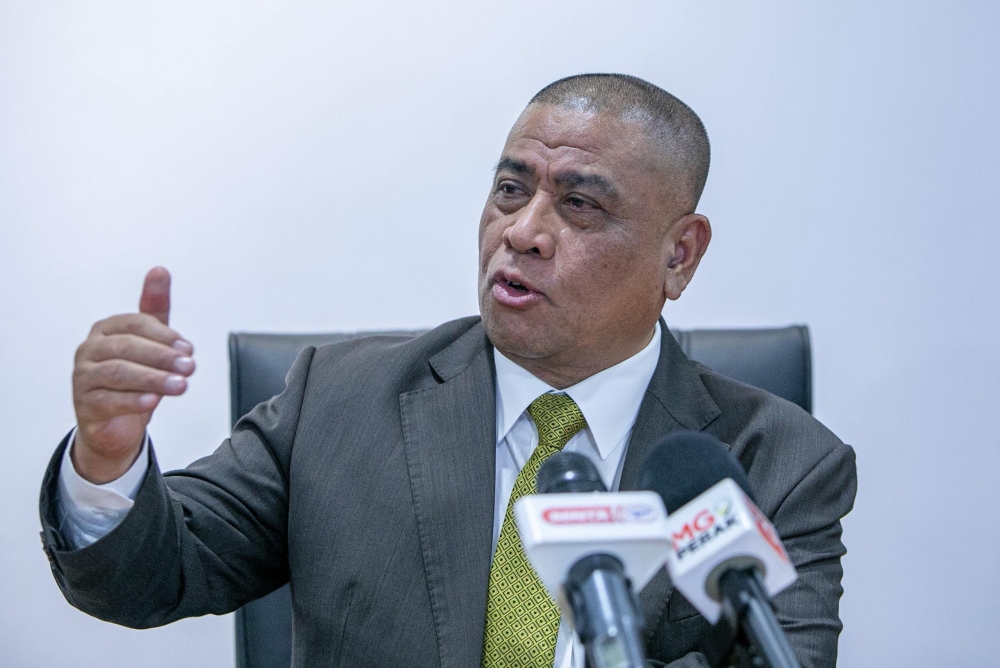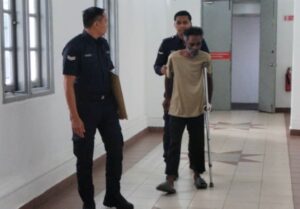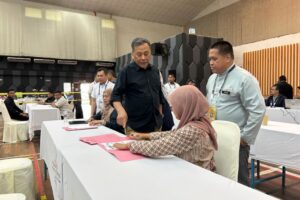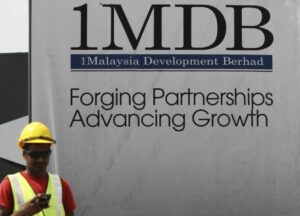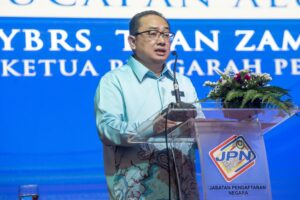IPOH, Oct 16 — The development of five major projects in Perak is a clear manifestation of the principles of Inclusive Environment, Social And Governance (i-ESG) and Industrial Revolution 5.0 (IR5.0) being applied in high-impact projects currently being implemented in the state, said Menteri Besar Datuk Seri Saarani Mohamad.
He said the digital infrastructure modernisation implemented in the projects is key to attracting investment and fostering local innovation.
“The world is now moving from IR4.0 to IR5.0 — an evolution that is not just about machines and automation, but about placing humans at the centre of progress. In IR5.0, machines empower humans, not replace them.
“The development of the state’s five major industrial nodes, the Automotive High Technology Valley (AHTV) in Tanjong Malim, LuMIC in Lumut, Perak Halal Industrial Park (HIP) in Manjung, The Silver Valley Technology Park (SVTP) in Kanthan, and the Kerian Integrated Green Industrial Park (KIGIP) project are tangible manifestations of how the principles of i-ESG and IR5.0 are being applied in each high-impact project,” he said.
He said this in his opening speech at the Seminar 2.0 Why I-ESG and I.R 5.0? here today which was also attended by Jelapang state assemblyman Cheah Pou Hian.
Meanwhile, Saarani said the application of IR5.0 in the manufacturing sector enables the industry to predict machine breakdowns in advance, automatically optimise inventory and adjust production lines according to market needs.
“In the agricultural sector, IR5.0 introduces the use of drones, smart sensors and analytical data to monitor crop health, detect early diseases and optimise water and fertiliser use.
“This approach allows us to reduce costs, increase yields and avoid wastage — in line with the country’s food security goals,” he said.
However, he said the country is also facing the challenge of increasingly extreme climate change, so food security needs to be addressed with a new approach – centred on innovation and modern technology.
Therefore, he said all government, industry, academia and community stakeholders must work together to strengthen the country’s food supply chain to remain sustainable.
“Modern agriculture based on IoT, AI, automation and robotics technology is the core of large-scale food security — ensuring the well-being of current and future generations,” he said.
Meanwhile, Saarani said the seminar provided an opportunity for small and medium enterprises to implement ESG principles in their operations to be more efficient and competitive as well as being trusted by investors and the community, he said. — Bernama
